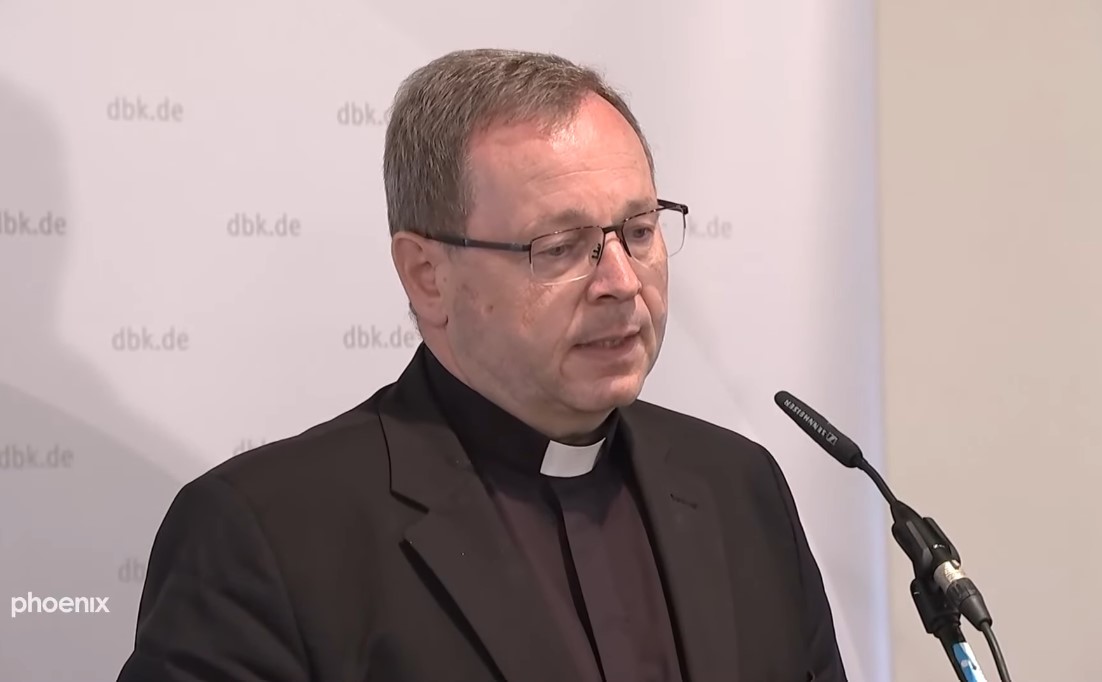The chair of the German Bishops’ Conference, Archbishop George Batsing, announced that he would continue to offer Holy Communion to the Protestants who asked him to do so, even though the Congregation for the Doctrine of the Faith instructed German bishops not to do so.
In response to the journalist’s question, the bishop said that the decision to receive the sacrament rests with everyone’s “individual conscience”. He said that “not everyone should be invited to the Eucharist.” But if someone asks him about the company, he won’t be rejected.
If a Protestant asked me for the company, I wouldn’t refuse it
– He said.
He added that this is already a common practice in Germany. And his priests in the diocese of Limburg would not be punished if they did.
Read also Secretary General of the Catholic Conference of German Bishops. This is an exciting time for church.
Clear position of the Vatican
Controversy over the introduction of Communion to Protestants has continued since September 2019, when the Ecumenical Working Group of Protestant and Catholic Theologians (ÖAK) produced a document outlining the arguments of common communion between Catholics and Protestants.
However, the Doctrine Congregation reacted negatively to the proposal of the group under Bätzing’s leadership. The worshipers pointed out that “the doctrinal differences remain very important and currently prevent the possibility of joint participation in the service of the Lord’s Supper and the Eucharist.”
Then the Council indicated that the issue of ecclesiastical unity could not be ignored in the debate about the Eucharist. And also the fact that the application of such conclusions would jeopardize the process of the ecumenical dialogue currently underway with the Orthodox.
The hierarchy ignores the congregation’s response
Even after this response from the Vatican, Bishop Batzing remained with the conclusions of the committee he chaired. Which he has been confirming until now
The Holy See has intervened several times with the German bishops on doctrinal matters.
There is great concern about the synodal path currently under way in Germany, which on some issues, such as attitudes toward homosexuals and abolition of celibacy, can draw conclusions that contradict Catholic doctrine.







